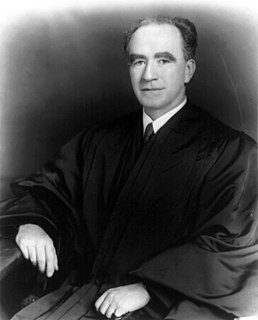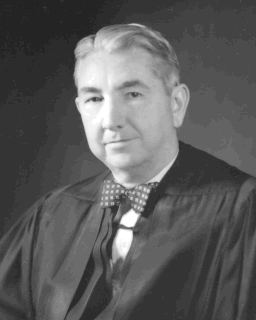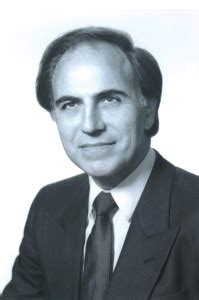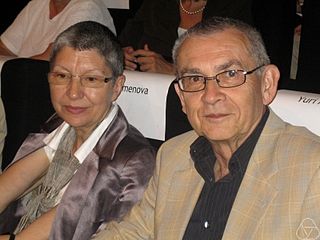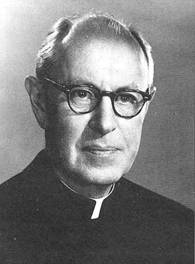A Quote by Frank Murphy
Religious freedom is too sacred a right to be restricted or prohibited in any degree without convincing proof that a legitimate interest of the state is in grave danger.
Related Quotes
From the standpoint of freedom of speech and the press, it is enough to point out that the state has no legitimate interest in protecting any or all religions from views distasteful to them... It is not the business of government to suppress real or imagined attacks upon a particular religious doctrine.
Legal systems, at both the national and international level, are therefore required to recognize, guarantee and protect religious freedom, which is a right intrinsically inherent in human nature, in man's dignity as a free being, and is also an indicator of a healthy democracy and cone of the main sources of the legitimacy of the State. Religious freedom ... favors the development of relationships of mutual respect between the different Confessions and their healthy collaboration with the State and political society, without confusion of roles and without antagonism.
Human society is born in the shadow of religious fear, and in that stage the suppression of heresy is a sacred social duty. Then comes the rise of a priesthood, and the independent thinker is met with punishment in this world and the threat of eternal damnation hereafter. Even today it is from the religious side that the greatest danger to freedom of thought comes. Religion is the last thing that man will civilise.
Thanks in large measure to the ACLU, the belief that there is a wall of separation between faith and state, not just church and state, is endemic. The exercise of religious faith in the public square is not prohibited; only the federal imposition of a particular faith. Hardly anyone any longer knows the difference.
There is little mysticism without an element of transcendence, and conversely, there is no transcendence without a certain degree of egocentrism. It may be that the genesis of these experiences is to be sought in the unique situation of the very young child in relation to adults. The theory of the filial origin of the religious sense seems to us singularly convincing in this connection.
Two hundred years ago the forces of freedom challenged this idea. The children of the new enlightenment rose up to defy the tyranny of arrogant clergy and the censorship of pious bureaucrats. They boldly proclaimed that the state must be free from religious coercion and that religion must be free from state control. All individuals have the right to pursue the dictates of their own conscience. All citizens even have the right not to be religious at all.
The goal of a definition is to introduce a mathematical object. The goal of a theorem is to state some of its properties, or interrelations between various objects. The goal of a proof is to make such a statement convincing by presenting a reasoning subdivided into small steps each of which is justified as an "elementary" convincing argument.
The fundamental interest - long-range strategic interest - of the state of Israel is that we will have the international bodies and primarily the United Nations recognize the two-state solution, so that there will never be any doubt as to the right of Israel to have its own Jewish independent state.
As I see it, only God can be all-powerful without danger, because his wisdom and justice are always equal to his power. Thus there is no authority on earth so inherently worthy of respect, or invested with a right so sacred, that I would want to let it act without oversight or rule without impediment (p. 290).
Religion, it seems to me, has nothing whatsoever to do with any belief, with any priest, with any church or so-called sacred book. The state of the religious mind can be understood only when we begin to understand what beauty is; and the understanding of beauty must be approached through total aloneness.
To understand political power right, and derive it from its original, we must consider, what state all men are naturally in, and that is, a state of perfect freedom to order their actions, and dispose of their possessions and persons, as they think fit, within the bounds of the law of nature, without asking leave, or depending upon the will of any other man.
